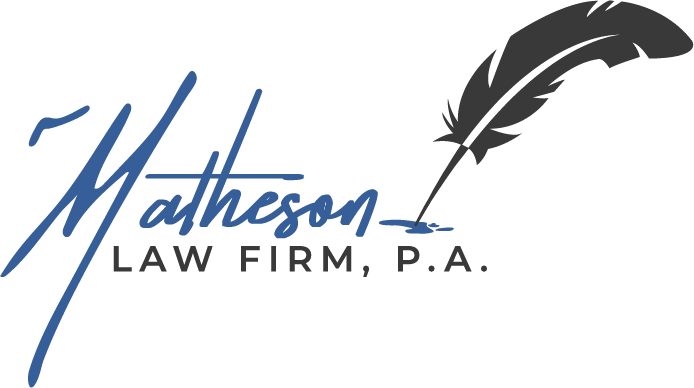6 Questions for Real Estate Closing Day
Congratulations! You’re buying or selling a home in Charlotte, and closing day is fast approaching. If this is your first time buying or selling a home, you’re probably wondering “What happens on closing day?”
Your real estate agent is a helpful resource, so don’t hesitate to ask him or her questions about a real estate closing. In the meantime, here are some of the most common questions about real estate closings.
And a friendly reminder: If you need a Charlotte real estate attorney, don’t hesitate to call us!
What documents will I sign at settlement?
The buyer and seller will each receive a Closing Disclosure (also called a settlement statement) that shows a settlement of the funds that will be transferred at closing.
A buyer obtaining a mortgage will also sign several loan-related documents, such as a promissory note, deed of trust, tax forms, and other disclosures. If you are a buyer and you have not already received copies of the termite report, survey and repair invoice(s), you should receive and review those at closing.
A seller will sign a deed conveying the property to the buyer. They’ll also sign a Certificate of Title saying they have the right to sell the property. Sellers will also sign a statement of closing costs and a bill of sale (for personal property). The list of documents signed by a seller is much shorter than the list of buyer’s documents.
What information does the Closing Disclosure include?
A Closing Disclosure – sometimes called a settlement statement – summarizes all funds the buyer and seller receive at closing, and all funds the buyer and the seller pay at closing. This includes several expenses associated with a real estate transaction, such as:
- Real estate broker commissions
- Loan payoffs
- Inspection fees
- Property taxes
- Attorneys’ fees
- Title search fees
- Title insurance premiums
If your transaction involves a federally insured loan, the Real Estate Settlement Procedures Act (RESPA) requires that this information be disclosed on a Seller Disclosure or a Buyer Disclosure form for each party.
- The buyer/borrower form summarizes all funds received and expenses paid on your behalf. It also contains information regarding your loan, such as the interest rate and the lending institution.
- The Seller Disclosure form summarizes all funds received and expenses paid by the seller. Typical seller expenses include a portion of the property taxes, the cost of inspections, and all costs associated with the loan, title search and closing.
What is a Certificate of Occupancy and do I need one?
A Certificate of Occupancy is issued by the city or county building inspection office. It certifies that a newly built home or a home with significant renovations has passed a final inspection, satisfied the building permit terms, and is safe for occupancy.
If you are buying a newly constructed, renovated or modified home, the seller should provide you with a copy of the Certificate Occupancy prior to closing.
Can my real estate agent sign my closing documents for me?
Typically, no. Your real estate agent can’t sign documents for you unless you have given them written authorization in the form of a limited power of attorney. However, it is best to review and sign all documents yourself.
If the seller agrees to pay some of the closing costs, but expenses end up less than that amount, does the buyer keep the difference?
“Closing costs” is a broad term that encompasses a variety of expenses above and beyond the purchase price of the home. This often includes attorney fees, title search costs, title insurance, loan origination fees, and other expenses.
The standard real estate purchase contract outlines what share of these expenses the seller agrees to pay. If the actual closing costs are less than the amount the seller agrees to in advance to pay, the lender may limit the seller’s contribution to only the actual amount of closing costs, which means you don’t get to keep the difference. Other lenders will let the buyer receive the full amount offered by the seller.
When will I get the proceeds from the sale of my real property?
According to the North Carolina Good Funds Settlement Act, the closing attorney may disburse funds only after closing has been completed, the title has been updated, and the documents have been recorded. Unfortunately, this often can’t all be completed in the same day. In this situation, the funds are commonly disbursed the next business day after closing.
If you are a seller, we recommend discussing the timing of disbursements with the closing attorney in advance. Many sellers rely on the proceeds of their real estate transactions to fund other investments or cover other expenses. Speaking with the closing attorney about timing can prevent misunderstandings about when those funds will be available.
Have more questions? Call us foe real estate closing services in Charlotte or to schedule a consultation!




